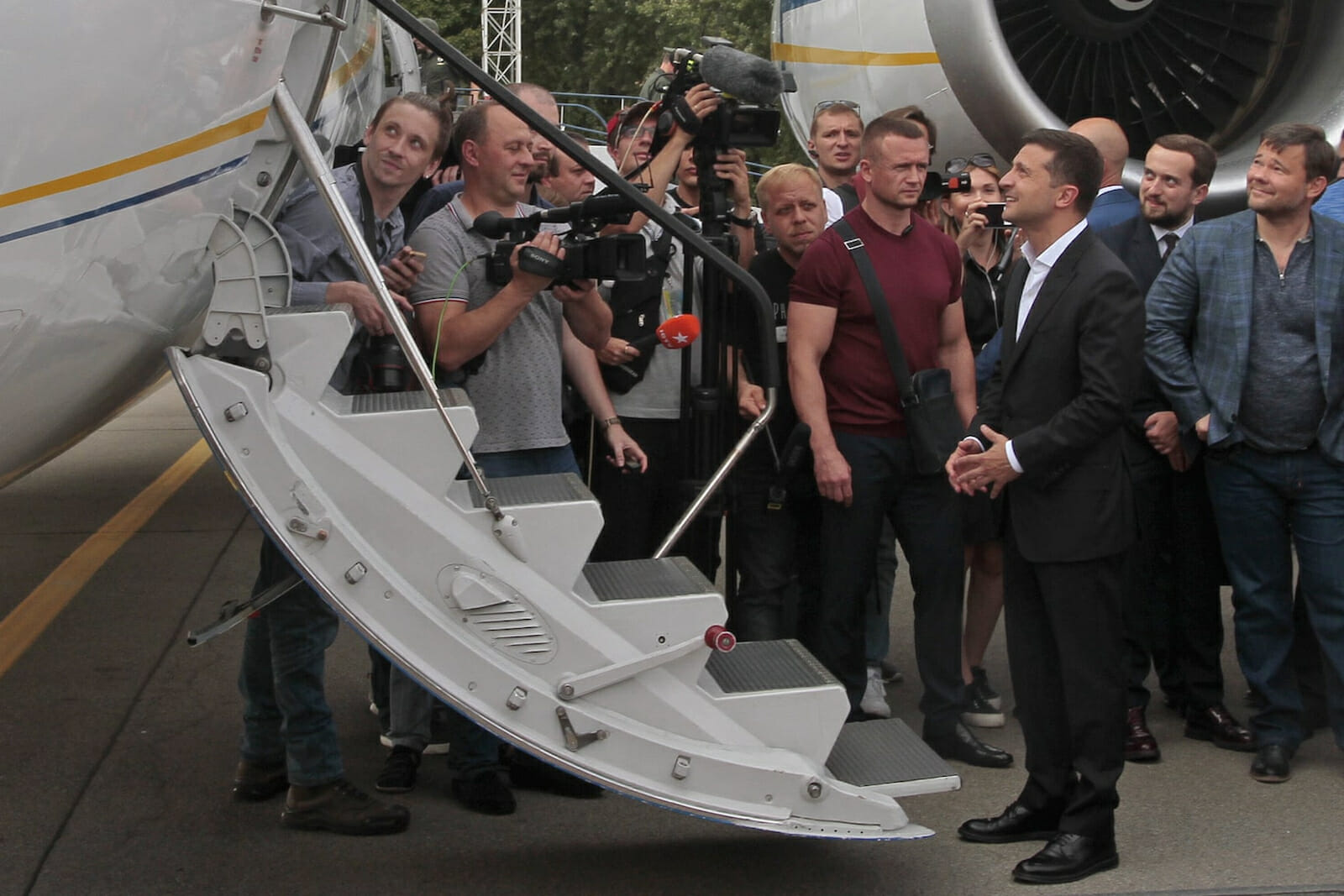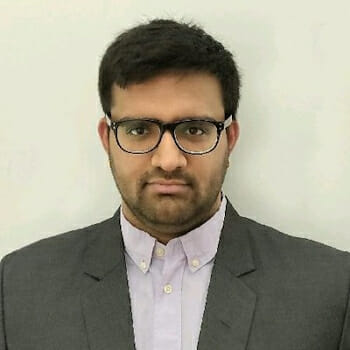
Prisoner Exchange between Russia and Ukraine Changes Little
Following months of negotiations, Russia and Ukraine agreed to a prisoner swap, exchanging 35 prisoners each on September 7, 2019. Among those freed from the Russian side included Oleg Sentsov, a Ukrainian film director, who was arrested in Crimea in 2014 on charges of terrorist activities and sentenced to 20 years of imprisonment and 24 Ukrainian sailors detained following the Kerch strait incident in November 2018.
From the Ukrainian side, those returned to Russia included several individuals accused of spying for Russia, organizing attacks and public disorder and the controversial commander of the Donbas separatist anti-aircraft unit, Volodymyr Tsemakh. Tsemakh’s release drew strong criticism from several countries most importantly the Netherlands as Tsemakh was the key witness in the trial of the shooting down of Malaysia Airlines Flight 17 over eastern Ukraine.
The exchange is seen as a major confidence-building measure and paves the way for more such future exchanges. The Russian foreign ministry hailed the exchange as a positive signal, indicating the prospects of overcoming the stalemate in relations between the two countries. For Ukrainian President Volodymyr Zelensky the move is a step in the right direction, showing the ability that he can negotiate effectively with Russia. However, the significance of the prisoner swap should not be overblown. There are still serious sticking points over which a serious compromise from both sides is required and will be difficult to find.
Russia’s willingness to agree to a prisoner exchange does not indicate that Moscow is ready to forgo its vital security interests in Ukraine. It also does not mean that the Kremlin is ready to make concessions to Kyiv on important political issues concerning the status of Donbas and Crimea. It can be argued that Russia’s constructive attitude towards exchanging prisoners is part of its strategy to win favors from France and Germany in the negotiations over the future of Donbas and for creating a favorable environment within the European Union with regards to the current sanctions regime.
.@usosce Amb Gilmore calls prisoner exchange “real achievement by newly elected President Zelenskyy of Ukraine, who campaigned for ending the conflict.” The exchange included 24 sailors detained by Russia in the Kerch Strait & filmmaker Oleg #Sentsov. 📸APhttps://t.co/kPHE9BFvvi pic.twitter.com/QncVvWI5l2
— U.S. Mission to OSCE (@usosce) September 7, 2019
Putin realizes that both France and Germany, the leading powers in the EU, are in precarious situations. Germany is dealing with a slowing economy and disagreements with the U.S. over key trade issues, which have become a cause of concern especially seen with the increase in the popularity of Alternative for Germany (AfD) in the recent state elections in Saxony and Brandenburg. Germany wants stability in the EU and across the Eurozone if it is to effectively deal with the U.S. and address the rise of AfD at home. Besides, Germany and Russia share common interests over several issues, one being the Nord Stream 2 pipeline which is an important link in Germany’s Energiewende policy as the country makes the transition to fully renewable energy.
French President Emmanuel Macron, on the other hand, has displayed his intention for having an outsized global role. It is reflective in the way Macron organized the G7 summit, and in his approach at handling the crisis in Iran’s relations with the U.S. Macron has also taken the leading role in restoring Europe’s relations with Russia. The French president invited his Russian counterpart for talks in his summer retreat on August 19th demonstrating his willingness to work on a European security system that would take Russia’s interest into account. President Macron has his own ambitions to emerge as a top European leader and lead as an informal EU representative in talks with Russia, a role more closely associated with German Chancellor Angela Merkel. In doing so, Macron wants to ensure that a deal is reached between Russia and Ukraine, which would require either side to make concessions if progress is to be made.
The strategic lethargy of Germany and the need to make a win for Macron gives Putin leverage which the Russian president can use to his advantage. Russia’s strategy in Ukraine involves making Kyiv agree to two fundamental Russian objectives. First, it wants Kyiv to grant Donbas greater autonomy within Ukraine and second, introduce constitutional reforms leading to the federalization of the country. For Russia, a federal Ukraine would serve as a way by which it could protect the rights of minorities like Russian speakers from radical Ukrainian nationalists. On the other hand, a federal system could turn into a mechanism that would allow regions to secede and join Russia or, to say the least, the decision making in Kyiv would constantly be subject to approvals from regional governments some of which would be closely aligned to Russia, as can be the case of Donbas. This will inevitably give Moscow greater control over Kyiv’s allegiances and policies.
Russia hopes to gain international acceptance for its idea in the Normandy format, now that it sees an opportunity to maximize its interest. The meeting between the leaders of the Normandy format (France, Germany, Russia, and Ukraine) was scheduled to take place on September 16th in Paris. However, Moscow decided to pull out of the summit at the last moment, stating that the far-reaching objectives for the summit, which it had planned could not be fully achieved at the moment. Going into the summit, Moscow had set three preconditions, which included separation of the rival armed forces in eastern Ukraine on either side of the line of contact; an agreement on the wording on the special status for the Donbas region; and a preliminary agreement on what the summit’s conclusion should be.
The derailing of the summit shows that Russia has more room to maneuver as it could be testing the new Ukrainian president’s readiness for making concessions to Russia. Zelensky understands that an economically successful Ukraine is not possible if war in Ukraine continues and relations with Russia are not pragmatically managed. To this end, Zelensky is hoping to come to an agreement with Moscow which would put an end to hostilities and fulfill one of his most important pre-election promises. Currently, Zelensky carries strong momentum as he is riding high fresh from his victories in both the presidential and the parliamentary elections giving him support to make a truce with Russia. However, any sort of truce at this point would entail making painful concessions. Zelensky thus needs to walk a fine line between making concessions and making sure that the majority of the population supports him and does not see it as betrayal which could translate into a serious domestic crisis further destabilizing the situation inside the country.

